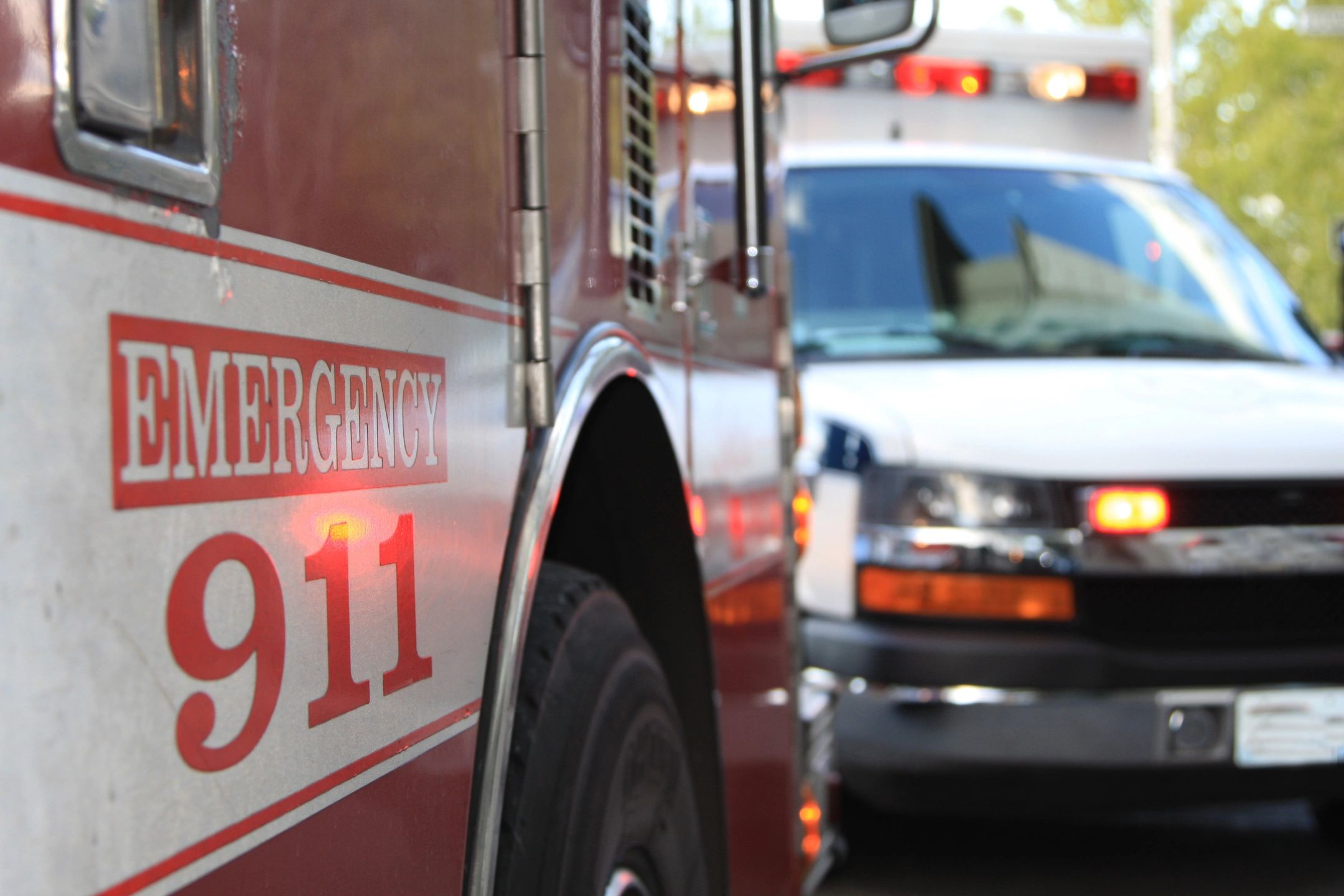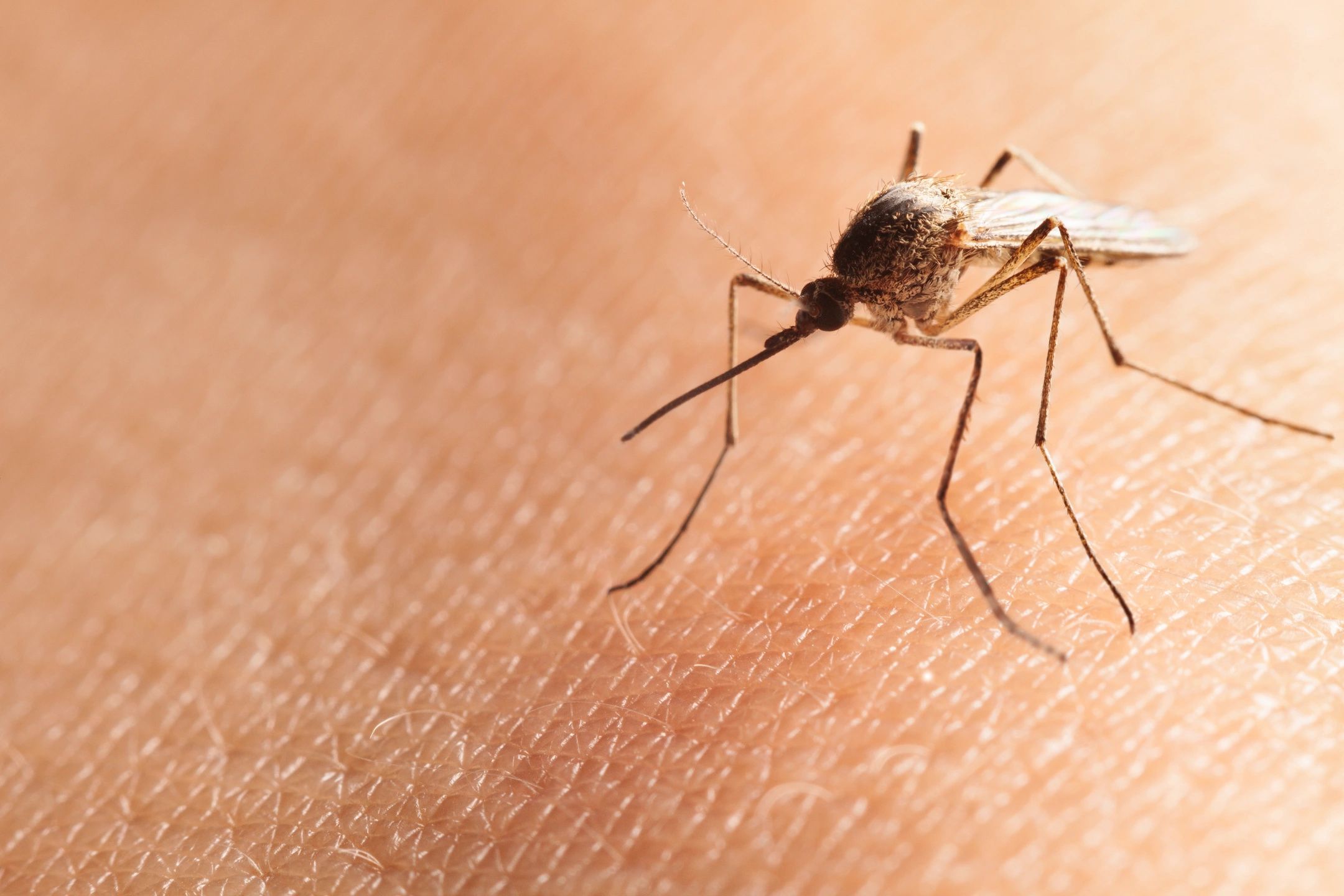-
06/13/24 Health Alert: Avian Flu Update
Advisory or Update, Communicable Disease and Immunization Update, Influenza, Influenza Update, News and Update, Notifiable ConditionsAlthough recently detected in dairy cattle in some states, the risk of H5N1 avian influenza A to the general public is still considered low. It is primarily an occupational risk and limited to people with direct contact with infected or potentially infected animals, such as sick birds and dairy cattle and their environments, or to unpasteurized…
-
Provider Training Opportunities
These webinars include information for healthcare providers on HPV vaccination. Details and registration are available below. Getting Parents to “Yes!” One-hour recorded webinar by #PreteenVaxScene Webinar #11 NIAM Edition: Vaccine Conversations That Work for Providers & Parents Dr. Sharon Humiston, Academic Pediatric Associations; Dr. Nathan Boonstra, pediatrician; Dr. Margot Savoy, family physician You Are the…
-
Fentanyl Safety Recommendations for First Responders
You can protect yourself from fentanyl exposure. The abuse of drugs containing fentanyl is killing Americans. First responders are likely to encounter fentanyl when responding to overdose calls, conducting traffic stops, arrests and searches. Inhalation of airborne powder is harmful. Wear gloves when you suspect the presence of fentanyl. Print Standard Size Print Poster
-
Health Advisory: Hepatitis A Outbreaks Among Homeless in California
Actions Requested Have increased suspicion for acute hepatitis A among people with acute onset of jaundice, markedly elevated liver function tests and other symptoms of acute viral hepatitis. Especially in those who are homeless and/or using drugs. Perform serologic testing on suspect cases: hepatitis A IgM or acute hepatitis panel. Provide hepatitis A vaccine to…
-
Cryptococcus gattii
What is it? C. gattii is a fungus closely related to C. neoformans that can infect the pulmonary and central nervous systems of both animals and humans. Until recently, C. gattii was only found in certain subtropical and tropical environments. In 1999 it emerged on Vancouver Island, British Columbia (BC), Canada. Between 1999 and 2006,…
-
Travel-Associated Illness
Ask About Travel Outbreaks of Ebola virus disease and Middle East Respiratory Virus in 2014 and 2015 have increased awareness of the importance of asking patients about travel. Asking about travel has always been important when evaluating patients who present with possible infectious diseases. Many diseases, including measles, hepatitis A, typhoid fever and many types…
-
Free Immunization E-Course
There Never Was an Age of Reason: Vaccines, Vaccine Hesitancy and Vaccine Decision Making This e-course offers continuing education credits, is hosted by WithinReach and funded by Kaiser WA. Click here to register Objectives Describe the impact of modern vaccines on individual & public health. Identify factors other than hesitancy that contribute to under-immunization. Discuss…
-
Health Advisory: Increase in Gonorrhea
Actions Requested Be aware that gonorrhea is increasing, especially among people age 20 to 29. Take a sexual history and screen for gonorrhea and other STDs in all sexually active people, especially those at increased risk. Perform routine gonorrhea and chlamydia screening for all sexually active women under age 25, including screening multiple sites (cervix,…
-
MERS-CoV
In September 2012, the Saudi Arabia Ministry of Health announced a new form of coronavirus, since named Middle East Respiratory Syndrome Coronavirus (MERS-CoV). So far all cases have been linked (by residence or travel) to countries in or near the Arabian Peninsula: Bahrain; Iraq; Iran; Israel, the West Bank and Gaza; Jordan; Kuwait; Lebanon; Oman;…
-
Hepatitis A Fact Sheet
Overview Transmission: Fecal-oral. Incubation Period: Average 28-30 days (range 15-50 days). Symptoms: Anorexia, vomiting, abdominal pain, fatigue, followed by jaundice. Severity of illness increases with age. Infectious Period: 14 days prior to onset of jaundice to seven days after onset of jaundice. Infants can excrete virus in the stool for longer periods of time. Epidemiology:…
-
Health Advisory: Zika Testing
Action Requested Know how to order appropriate Zika virus testing through commercial laboratories. Background Because testing for Zika virus is now widely available through commercial laboratories, testing for Zika virus at Washington State Public Health Laboratories is now limited to: Patients for whom cost is a barrier to testing. Infants with possible congenital exposure to…
-
Lice in Schools
What procedures should our school follow if a student has head lice? Head lice are tiny parasites that can live on the human head. They survive by sucking blood from the scalp. Lice eggs (called “nits”) can attach to strands of head hair. Lice can cause the head to itch, but have not been proven…
-
Lice in Schools
What procedures should our school follow if a student has head lice? Head lice are tiny parasites that can live on the human head. They survive by sucking blood from the scalp. Lice eggs (called “nits”) can attach to strands of head hair. Lice can cause the head to itch, but have not been proven…












